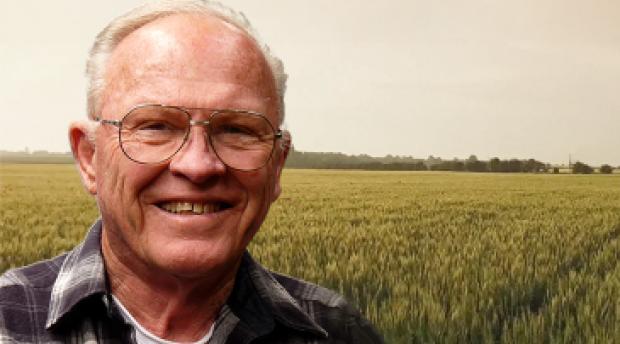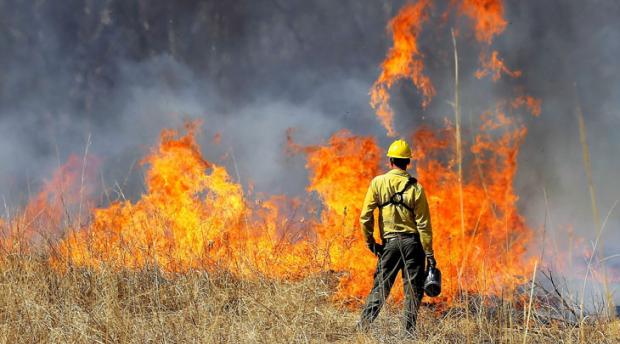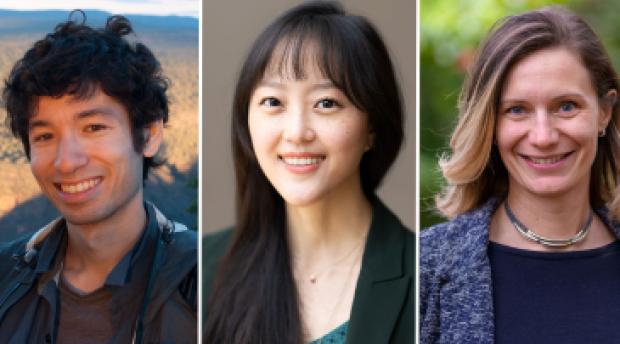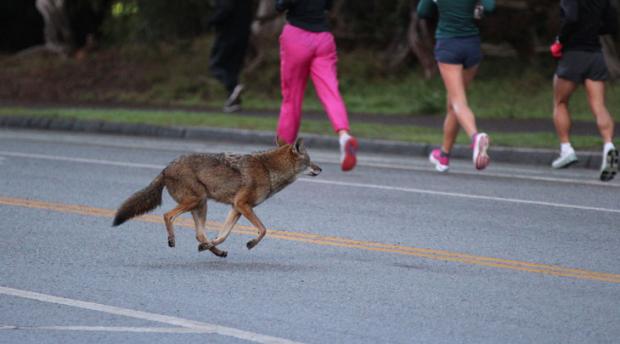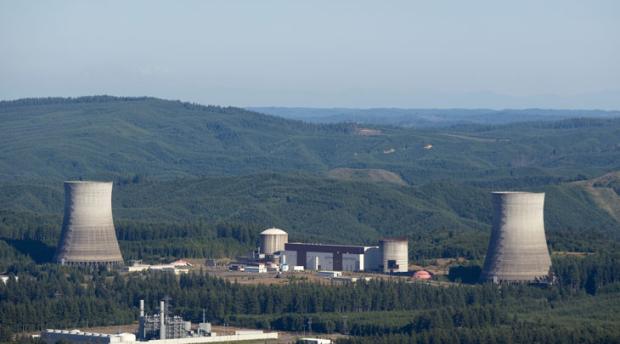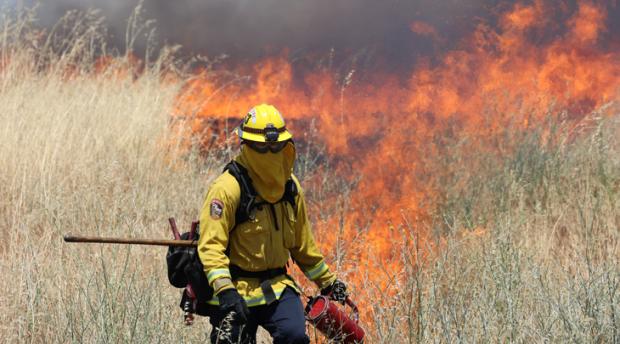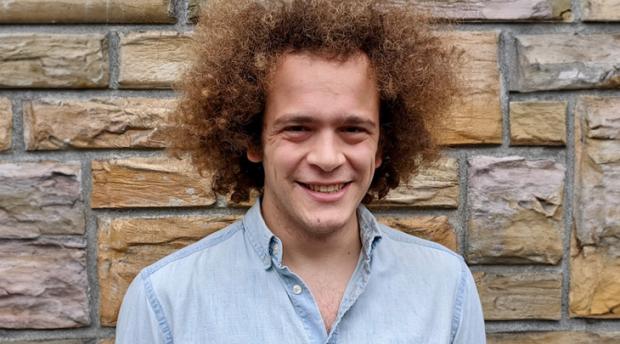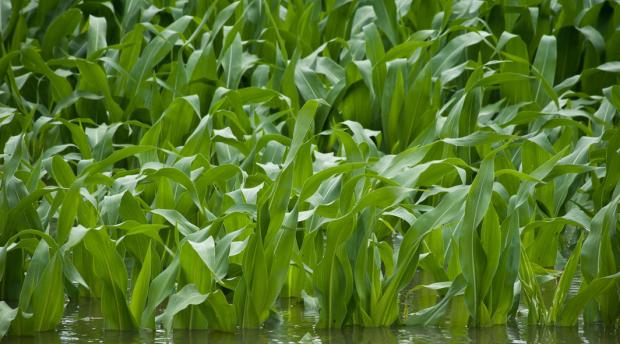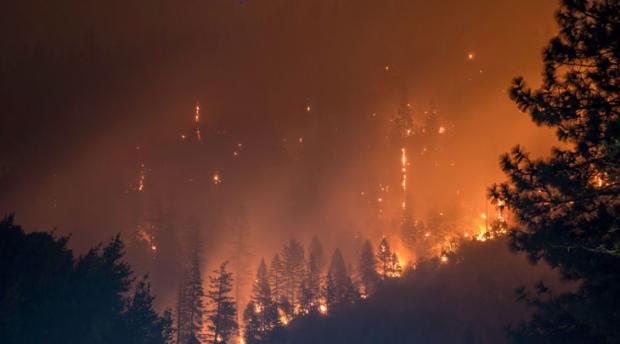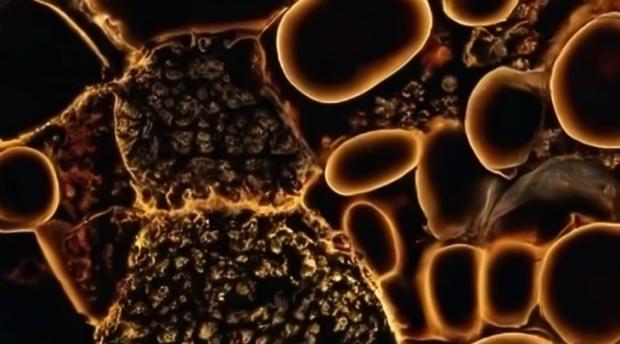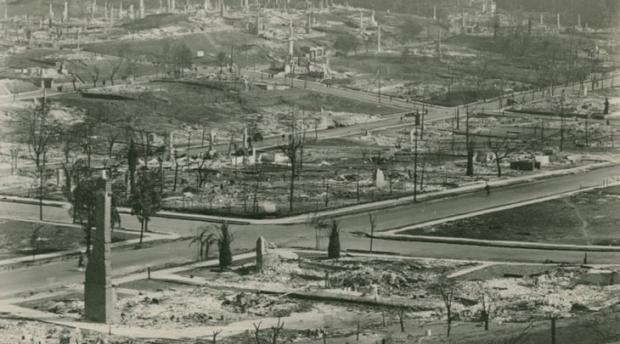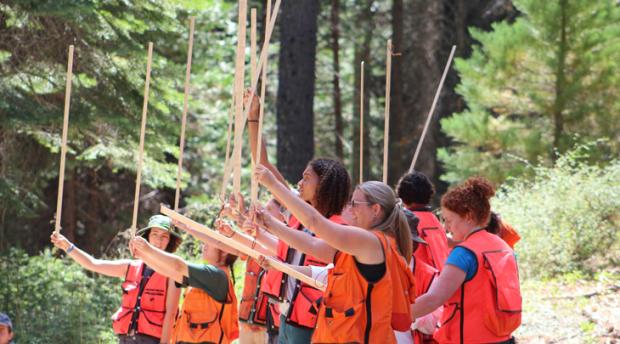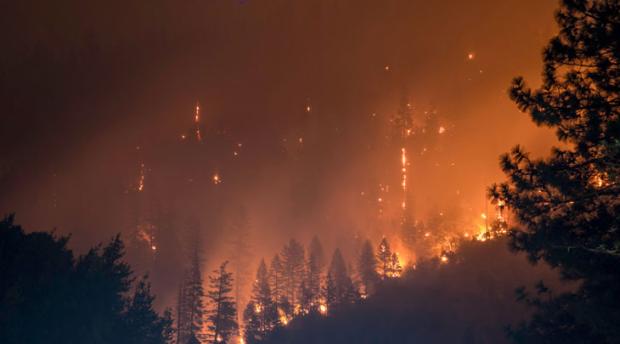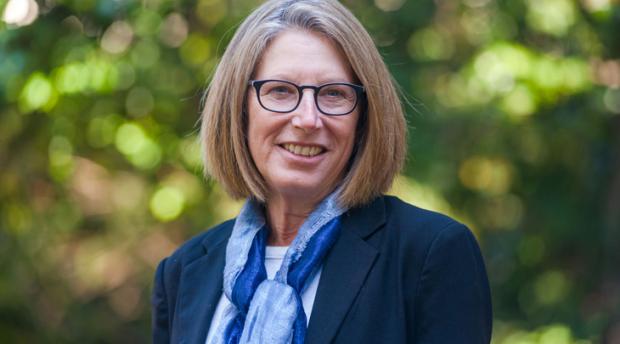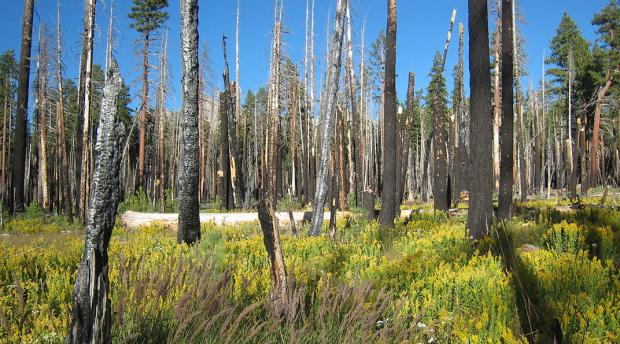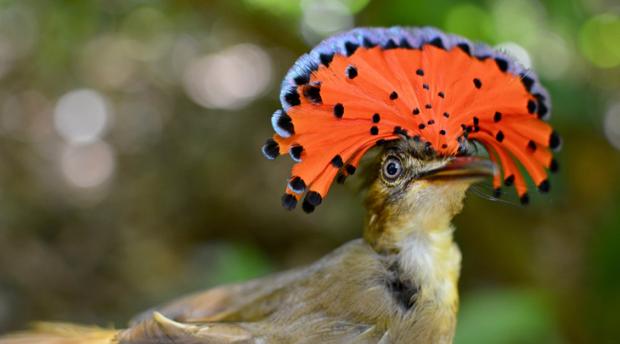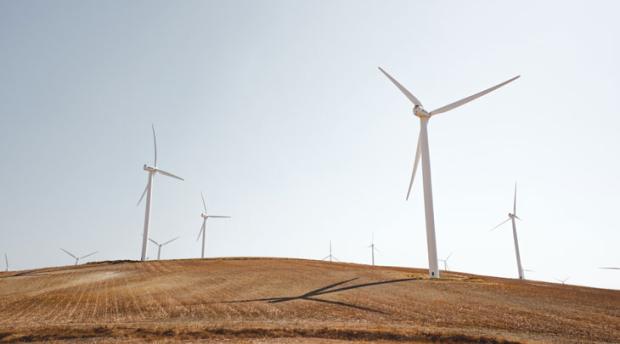The renowned plant pathologist and professor emeritus died on October 11 at the age of 90.
UC-backed research is helping California communities respond to the climate crisis
Assistant Professor Peter Nelson's research on Indigenous leadership and collaboration of cultural burns around Central California is supported by a California Climate Action Grant.
Three Rausser College faculty named 2023 Hellman Fellows
Benjamin Blonder, Youjin Chung, and Manuela Girotto were selected to receive support for early-career research.
Fostering coexistence with San Francisco’s urban coyotes
As reports of human-coyote conflict increase, a new analysis from UC Berkeley offers wildlife managers insight into improving future management strategies.
The sharp divide about nuclear power
Professor Emeritus John Harte writes about his experience facilitating a conversation on the role of nuclear power for the Bulletin of Atomic Scientists.
Climate change could limit the use of controlled burns by 2060
A recent study co-authored by Kristen Shive found that climate change would result in fewer overall days when prescribed fires can be safely lit.
Oct. 26: Dr. Cherie De Vore will deliver the Hans Jenny Memorial Lecture in Soil Science
Dr. Cherie De Vore (Diné) is an assistant professor of chemical & environmental engineering at the University of Arizona. With a restorative framework in mind, her current work investigates biogeochemical processes that affect the accumulation of metals and microbial community changes in areas impacted by mining and wildfires.
Lucas Vargas Zeppetello named Holton Award recipient by AGU
The new ESPM faculty member was recognized for exceptional contributions by an early career researcher
Quantifying the risk reduction value of soil health
Agroecology professor Tim Bowles and colleagues are working to conduct a data-driven valuation of the risk mitigation of improved soil health.
Improving the modeling, measurement, and management of wildfire emissions
Forest science professor Scott Stephens discusses integrating Indigenous knowledge into California’s forest policy recommendations.
A rainy season wake-up call for bacteria
ESPM researchers Jill Banfield, Mary Firestone, and Ella Sieradzki detail new links between soil viruses and carbon emissions.
Revisiting Berkeley’s 1923 fire 100 years later
ESPM professor Scott Stephens spoke to Berkeleyside about the city’s continued fire risk in a series commemorating the centennial of its 1923 fire.
A mini-camp with major impact
California community college students were introduced to UC Berkeley’s forestry program through a condensed weeklong program held earlier this summer.
Student Spotlight: Areidy Beltran-Peña
The recent graduate and climate change scientist spoke to us about her time at UC Berkeley and her future as a Stanford University postdoc.
What can we do about deadly wildfires?
Lenya Quinn-Davidson, '04 CRS, Director of the University of California Agriculture and Natural Resources Fire Network, speaks on the causes and mitigation of megafires fueled by the climate crisis.
Whendee Silver to deliver 2023 Reeburgh Lecture at AGU Fall Meeting
The ESPM professor was chosen in recognition of her pioneering contributions to global biogeochemistry.
Addressing the health hazards of climate change
Professor Rachel Morello-Frosch is working to mitigate the effect of flood-related contamination on some of the state's most marginalized communities.
How wildfires have remade the Illilouette Creek Basin
A decades-long experiment in Yosemite involving wildfires is showing researchers what a healthy forest should look like.
Farms that create habitat are key to food security and biodiversity
A new paper co-authored by ESPM professor Alejandra Echeverri suggests that Costa Rica's diversified farms can help reverse declines in tropical biodiversity.
A green revolution In California’s ‘Carbon Valley’
Associate Professor Dara O'Rourke writes about Kern County's efforts to support carbon removal projects in an equitable and safe way.


